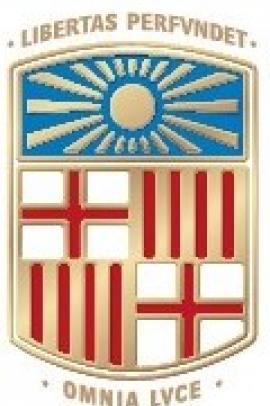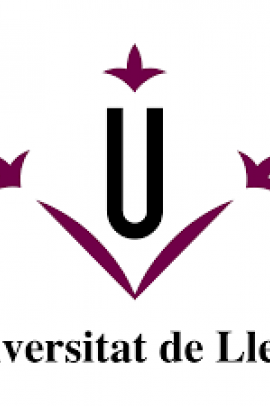When expressing the experts’ opinions in qualitative decision making (QDM), linguistic hedges can be considered to modify the force expressed by a predefined linguistic term. If an expert is not sure to select one term, weakened hedges would be a natural way to express the uncertainty. This is usually implemented by using a hedge to modify the most possible term, like the expression “more or less good”. To model the uncertainty implied by hedges in QDM, this paper presents a novel linguistic representational and computational model in which the linguistic expressions take the form of a weakened hedge and a linguistic term, which is named as linguistic term with weakened hedge (LTWH). The syntax of LTWHs is defined by a set of hedges and a set of linguistic terms. The semantics of a LTWH is determined, objectively, based on the semantics of the term and a similarity measure of the reference domain. Accordingly, the negation, order relations and some basic operations of LTWHs are defined. To illustrate the effectiveness of LTWHs in granular computing, the connection to some multi-granularity linguistic models is exploited and a process for unifying multi-granularity linguistic information is developed. The major contritions of this paper are: (1) The proposed model enables a new manner to express and operate uncertain linguistic information in QDM; (2) it possesses clear syntax and semantics and the computational results are very interpretable; and (3) the proposed solution of multi-granularity linguistic unification maintains the semantics of the original linguistic information.
Date
Journal
nformation Sciences
DOI
10.1016/j.ins.2017.12.036
Abstract
URL
https://doi.org/10.1016/j.ins.2017.12.036








